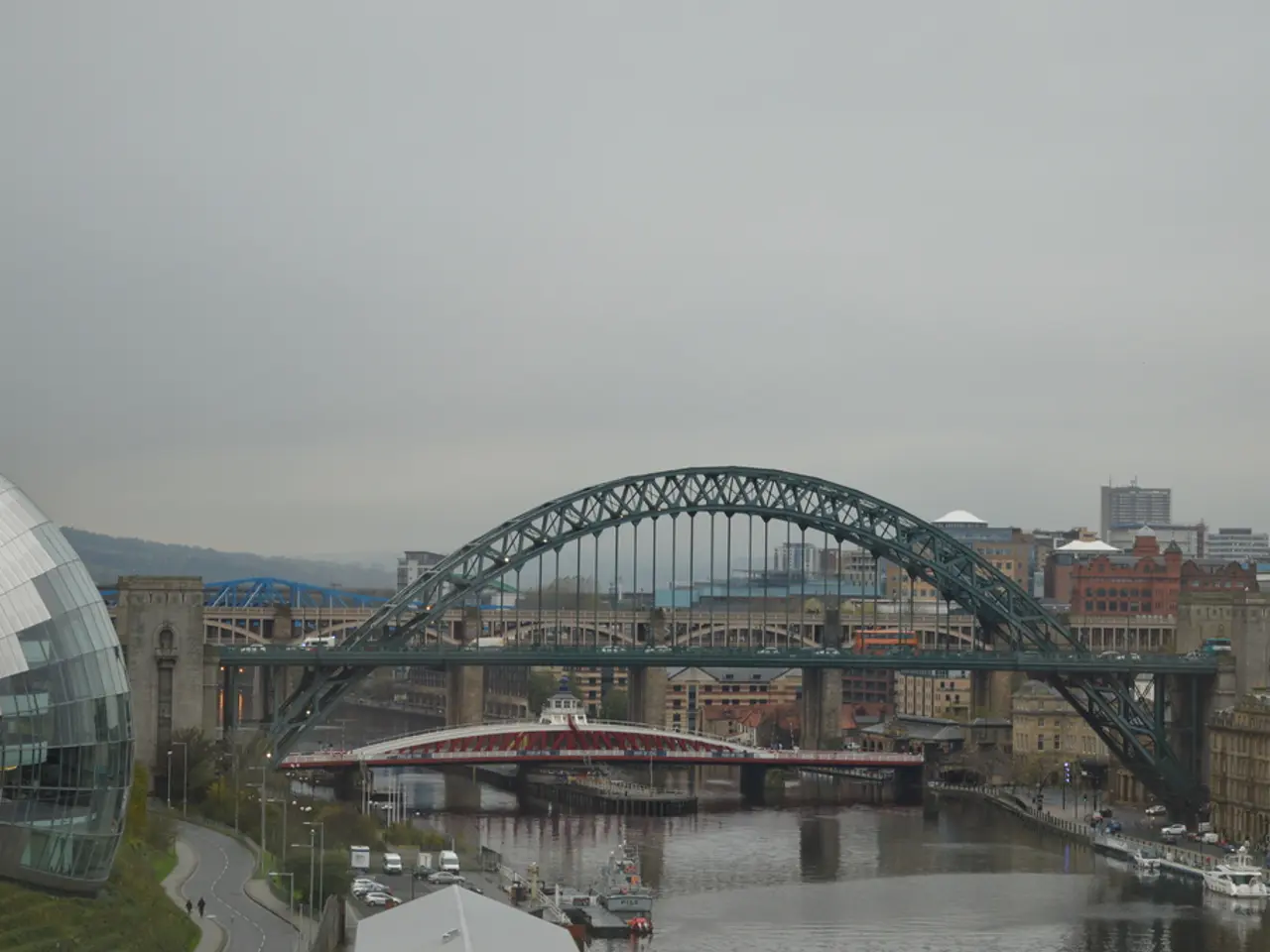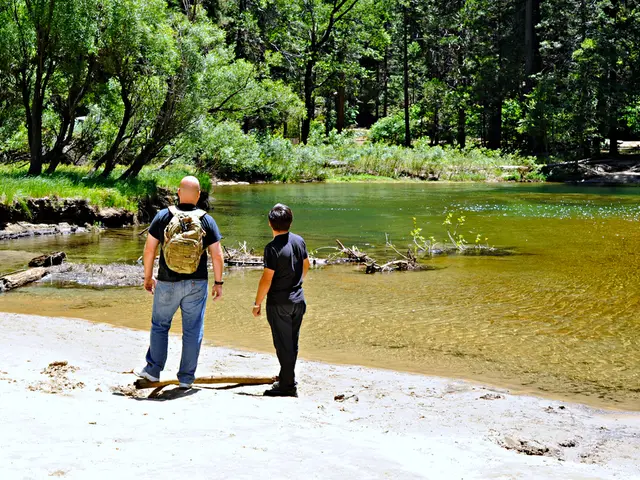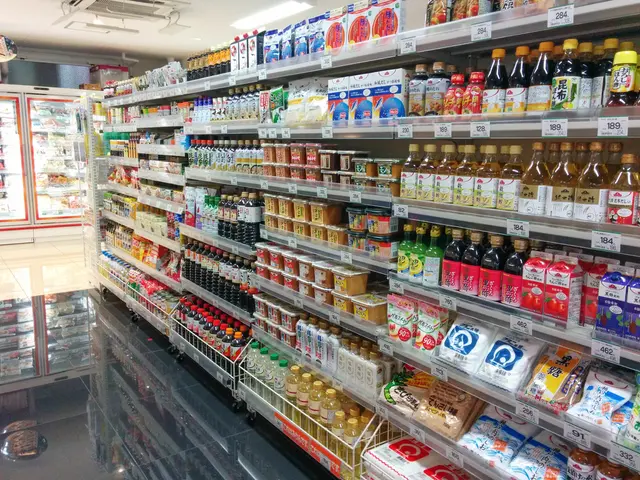Unveiling Financial Resources for Sustainability in 2025 - Indonesia Insight
Indonesia is embarking on a transformative journey towards a sustainable, inclusive, and resilient economy, as outlined in its National Long-Term Development Plan 2025-2045. The strategy focuses on three key elements: the net zero transition, clean energy, and the blue economy, addressing the triple threats of climate change, pollution, and biodiversity loss.
One of the critical components of this strategy is the development of a Green Taxonomy, a framework designed to unlock investments in the low-carbon transition. This taxonomy will help identify and classify environmentally friendly economic activities, facilitating targeted investments. Indonesia also plans to phase out coal under the Energy Transition Mechanism, shifting towards cleaner energy sources to reduce greenhouse gas emissions.
In the realm of clean energy, the Energy Transition Mechanism is central to the transition from fossil fuels to cleaner energy sources, supporting the net zero target by reducing dependence on coal and other high-carbon energy sources. The country is also committed to low-carbon development across key industries, with initiatives such as the National Nickel Industry Decarbonization Road Map.
The blue economy is another area of focus, with Indonesia pioneering the world's first sovereign blue bond. This bond will fund projects related to the blue economy, such as marine conservation and sustainable marine resource management. The focus on marine conservation and sustainable use of marine resources aligns with the blue economy principles, enhancing biodiversity while promoting economic growth.
To ensure transparency and accountability in environmental practices, Indonesia is strengthening corporate sustainability disclosure. This move encourages companies to adopt sustainable practices. The country is also leveraging domestic and blended finance models to address funding gaps for sustainable projects, offering opportunities for both domestic and international investment.
Empowering local communities, including indigenous groups and women, is another crucial aspect of these initiatives. Sustainable development projects ensure that the benefits of economic growth are shared equitably.
However, Indonesia faces significant challenges in meeting its 2060 net zero target, with a funding requirement of over US$500 billion. Rising geopolitical uncertainties and retreating international funds complicate these efforts. Nevertheless, opportunities in the blue economy and domestic finance can help bridge the funding gap.
EB Publishing offers a service for publishing content aimed at reaching those who matter to the publisher. Special discounts are available for EB Circle, EB Premium, and EB Enterprise subscribers. The opportunity to publish content with EB Publishing is available now.
The event "Unlocking capital for sustainability - Indonesia" is being convened to make Indonesia's vision of a sustainable, inclusive, and resilient future a reality. Early bird rate for the event is SGD50, available until 31 May 2025. Regular rate for the event is SGD100, starting from 1 June 2025.
Despite these challenges, Indonesia remains committed to its sustainability targets, demonstrating a resilient spirit in its pursuit of a greener, cleaner, and more equitable future.
- The Green Taxonomy, a framework for identifying and classifying environmentally friendly economic activities, is a critical component of Indonesia's strategy, designed to unlock investments in the low-carbon transition.
- Indonesia's Energy Transition Mechanism is central to the transition from fossil fuels to cleaner energy sources, supporting the net zero target by reducing dependence on coal and other high-carbon energy sources.
- The country's focus on the blue economy includes the issuance of the world's first sovereign blue bond, which will fund projects related to marine conservation and sustainable marine resource management.
- To ensure transparency and accountability in environmental practices, Indonesia is strengthening corporate sustainability disclosure, encouraging companies to adopt sustainable practices.
- Recognizing the importance of domestic and international investment, Indonesia is leveraging domestic and blended finance models to address funding gaps for sustainable projects.
- Achieving the 2060 net zero target is challenging due to a funding requirement of over US$500 billion, but opportunities in the blue economy and domestic finance can help bridge this gap.




